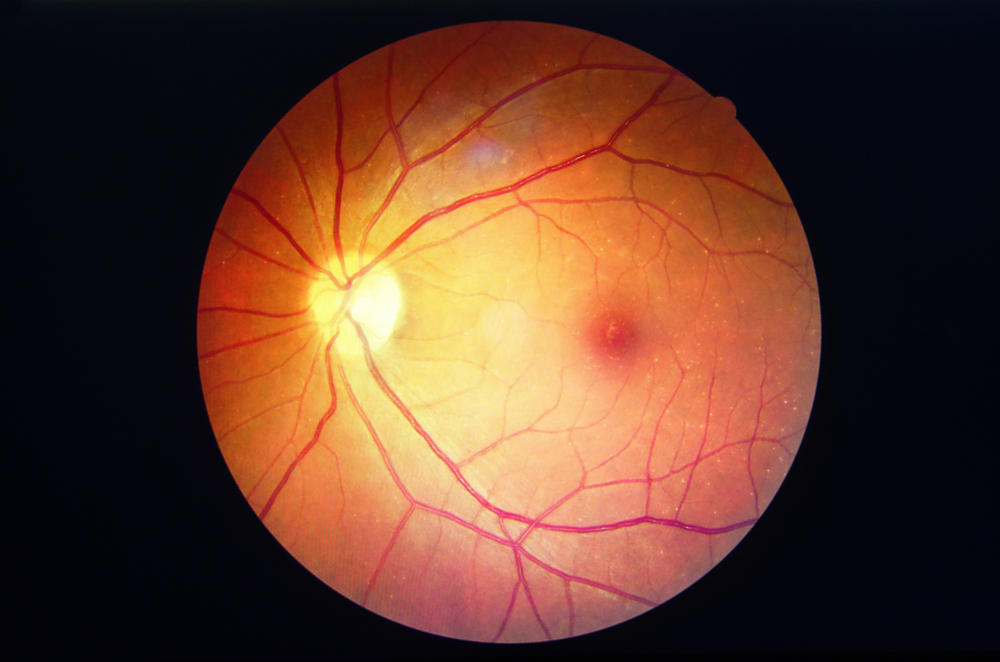
Diabetes is a prevalent health condition that affects millions of people worldwide, and one of its most serious complications is diabetic retinopathy. This eye disorder can lead to vision loss if left untreated, making early detection and management crucial for preserving your sight.
What is Diabetic Retinopathy?
Diabetic retinopathy is a complication of diabetes that affects the blood vessels in the retina, the light-sensitive tissue at the back of the eye. Over time, high blood sugar levels can damage these blood vessels, causing them to leak, swell, or even close off completely. This can lead to vision problems and, in severe cases, blindness.
Diabetic retinopathy is the leading cause of vision loss among working-age adults in the United States, making it a serious health concern that requires vigilant monitoring and management.
Causes and Risk Factors of Diabetic Retinopathy
The primary cause of diabetic retinopathy is prolonged high blood sugar levels, which can damage the delicate blood vessels in the retina. Other risk factors for developing this condition include:
- Duration of diabetes: The longer you've had diabetes, the higher your risk of developing diabetic retinopathy.
- Blood sugar control: Poor management of your blood sugar levels can significantly increase your risk of developing diabetic retinopathy.
- High blood pressure: Uncontrolled high blood pressure can exacerbate the damage to the retinal blood vessels.
- Pregnancy: Hormonal changes during pregnancy can worsen existing diabetic retinopathy or trigger its development.
- Kidney disease: Diabetic kidney disease, also known as diabetic nephropathy, is closely linked to the development of diabetic retinopathy.
Early Warning Signs of Diabetic Retinopathy
In the early stages, diabetic retinopathy may not present any noticeable symptoms, making it crucial to undergo regular eye exams. However, as the condition progresses, you may experience the following warning signs:
- Blurred vision: Damaged blood vessels in the retina can cause the macula (the part of the eye responsible for central vision) to swell, leading to blurred or distorted vision.
- Floaters and flashes of light: Bleeding in the eye can cause the appearance of small dark spots (floaters) or flashes of light in your field of vision.
- Impaired color vision: Diabetic retinopathy can affect your ability to distinguish between certain colors, making it harder to perform tasks that require color recognition.
- Dark or empty areas in your vision: As the disease progresses, damaged blood vessels can cause areas of vision loss or blind spots.
- Sudden vision loss: In some cases, the sudden development of a retinal detachment or severe bleeding in the eye can lead to a sudden and dramatic loss of vision.
The Importance of Regular Eye Exams for Diabetic Patients
Regular eye exams are crucial for diabetic patients, as they can help detect diabetic retinopathy in its earliest stages, when treatment is most effective. The American Diabetes Association recommends that all individuals with diabetes have a comprehensive dilated eye exam at least once a year, or more frequently if you have any signs of diabetic retinopathy. Even if you don't have any vision problems, as the early stages of diabetic retinopathy may not present any noticeable symptoms.
By catching diabetic retinopathy early, your eye doctor can implement appropriate treatment strategies to prevent or slow the progression of the disease, helping to preserve your vision and protect your long-term eye health.
Schedule Your Diabetic Eye Exam with West Florida Optometry Today
Diabetic retinopathy is a serious complication of diabetes that can lead to vision loss if left untreated. By understanding the causes, risk factors, and early warning signs of this condition, you can take proactive steps to protect your vision and maintain your eye health. Regular eye exams are the key to early detection and effective management of diabetic retinopathy.
If you are experiencing early warning signs of diabetic retinopathy or have concerns about your eye health, visit West Florida Optometry at our office in Pensacola, Florida, or call (850) 453-4373 to schedule a diabetic eye exam today.










